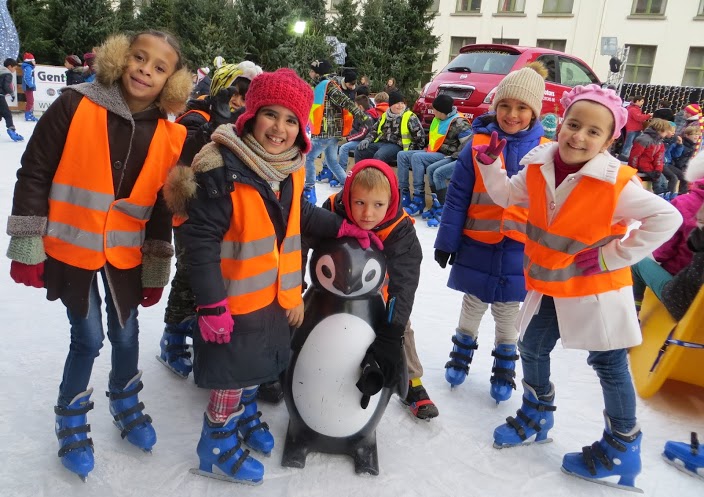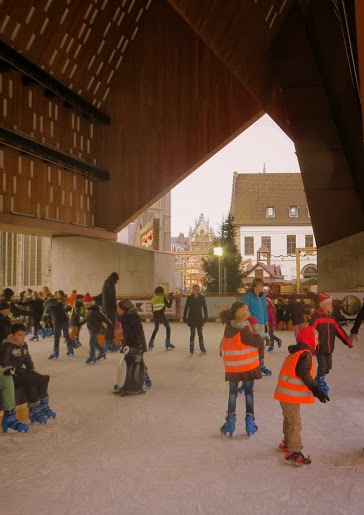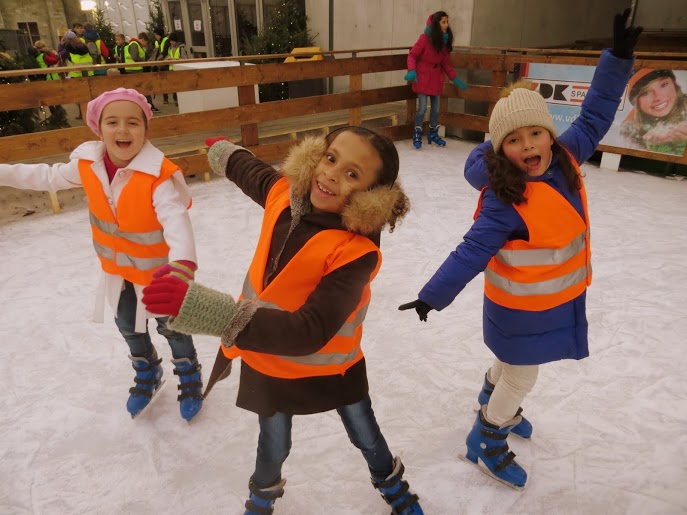The Lower Primary class students were presented with a range of objects. First of all, they compared the weight of the objects by direct comparison. After discussing the relationship between grams and kilograms we then estimated and then measured the weight of each object. At the beginning of the activity the students' estimates were quite far off! However, after weighing a few objects to find their exact weight, their estimates were closer as they were able to compare. It was a fun practical activity to do together. Parents, try to talk to your children at home about how much things weigh. Doing a cooking activity together can also be a fun way for children to develop their understanding of weight and quantity.












